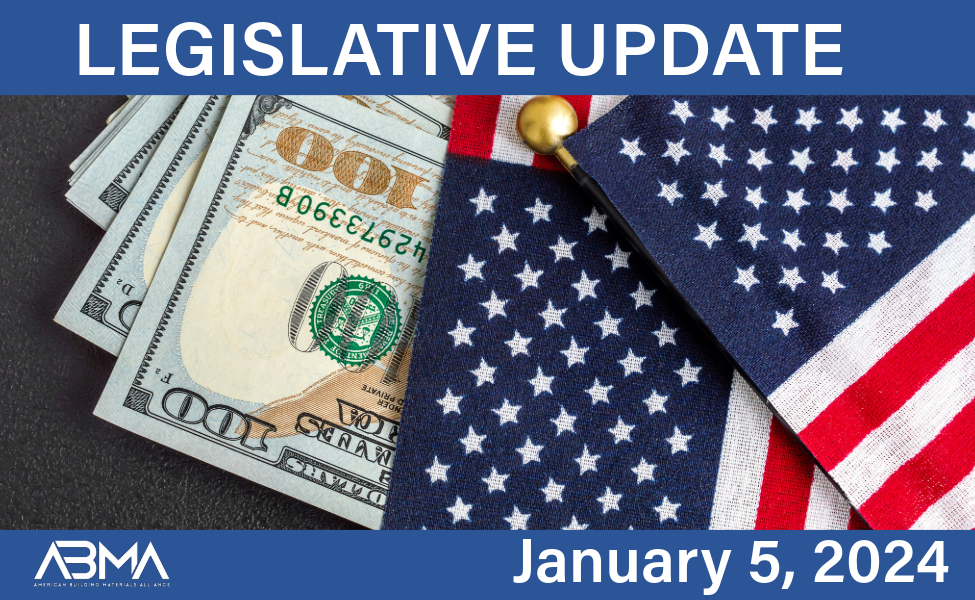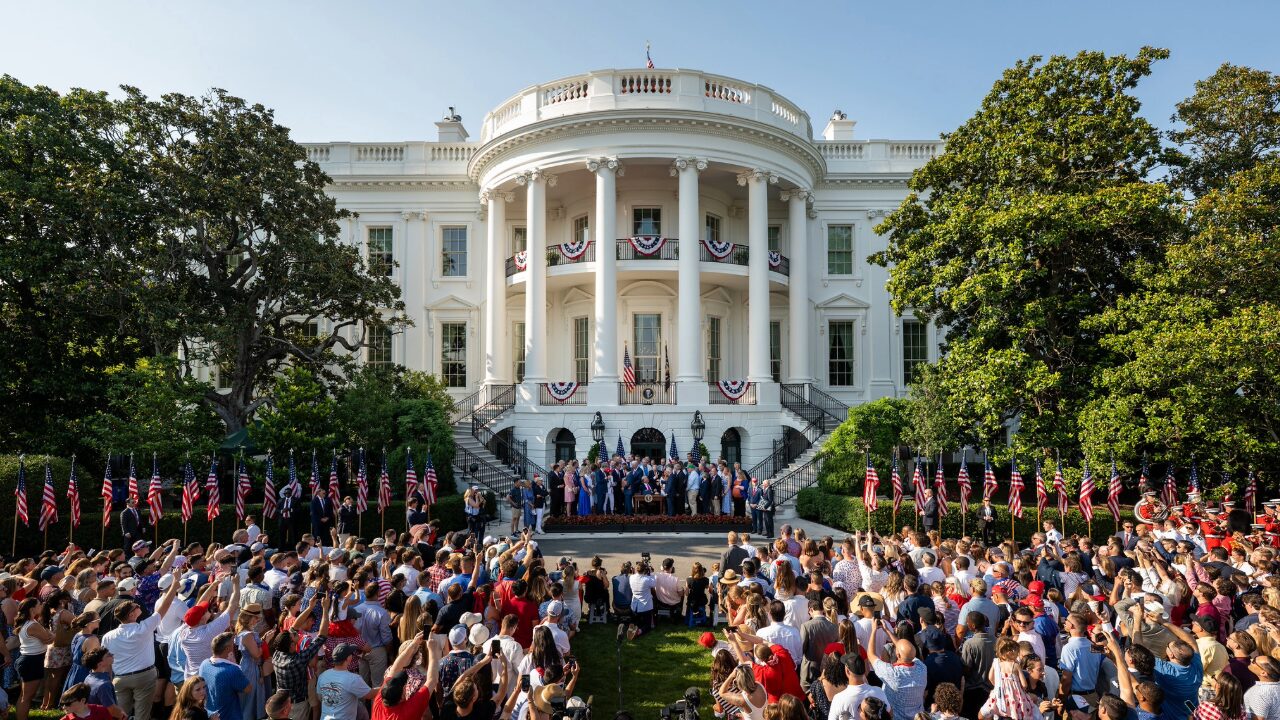Both Houses of Congress remain in recess as lawmakers do not return to our nation’s capital until next week. When they do return, the issue of funding the federal government is the most immediate challenge. The Departments of Agriculture and Transportation are funded through January 19, as is the Department of Housing and Urban Development. Most other agencies and departments are funded through February 2. Politically, the situation remains bogged down in the same spot where it was in December with disputes over funding for Ukraine and Israel as well as security at the southern border. As we have mentioned, however, with challenges there are opportunities and these government funding cliffs are being viewed by Senate Democrats and House Republicans as a potential opportunity to move a tax bill.
A spokesman for the Senate Finance Committee had this to say earlier this week: “The tax-writing committees are continuing to have productive, bipartisan discussions as we work toward an agreement. We’re optimistic, and the goal remains getting this done in time for changes to take effect in this upcoming filing season.”
Democrats want an expanded child tax credit in exchange for voting for Republican priorities—namely retroactive extension of 100 percent bonus depreciation, the research and development tax credit and interest deductibility provisions. The package is rumored to be in the $100 billion range, with the extension of the business tax breaks through 2025 costing roughly $47.4 billion over a decade. Democrats have sought to include an equivalent amount of spending for the child tax credit.
ABMA is close to the action and will keep you apprised of developments.




